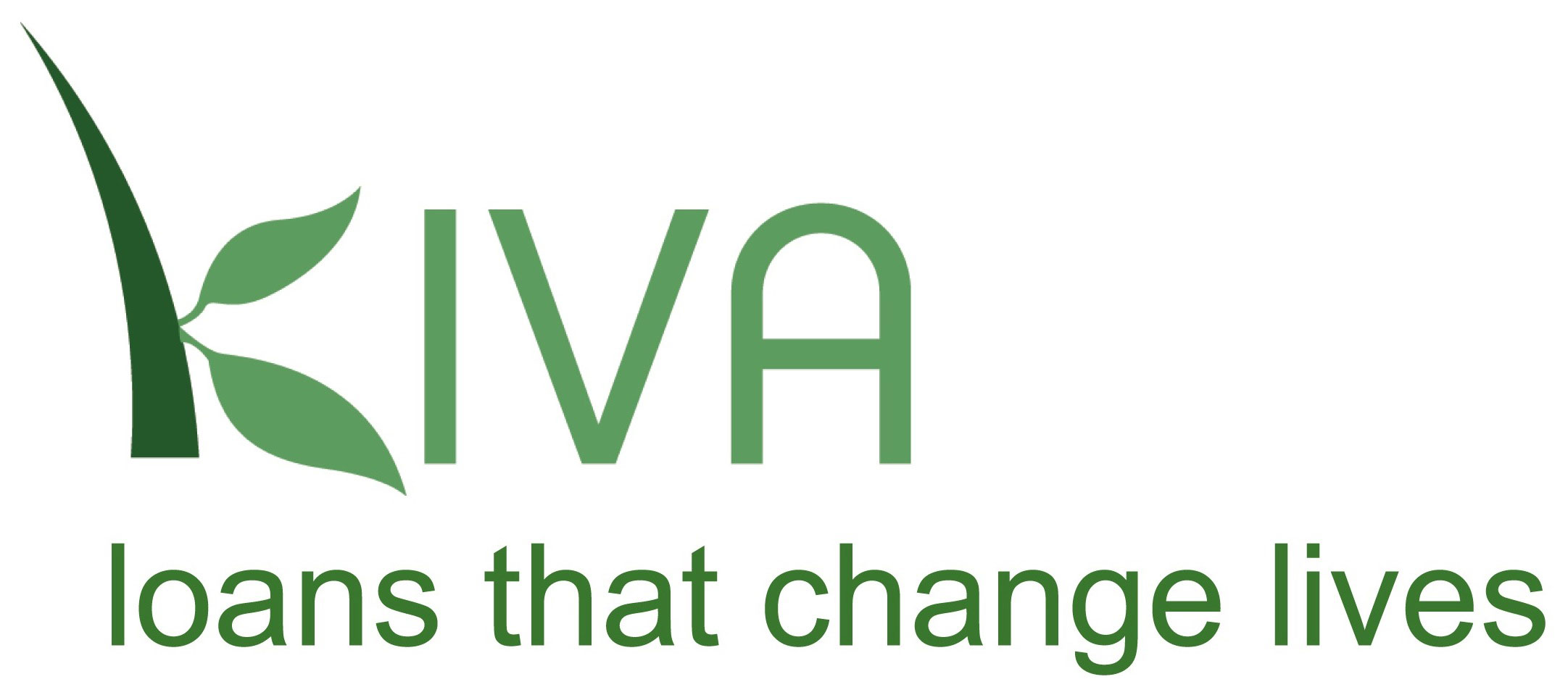November 18, 2011 – Amreeta Mathai
If you’ve been wondering how to embark upon a legal career in microfinance – the perennial hot topic in international development – you’ll be interested to know what the panelists in LIDS’ recent careers event had to say.
The panelists included Austin Choi – General Counsel for Kiva, Deborah Drake – Vice President at the Center for Financial Inclusion at ACCION International and Jennifer Chien – Policy Consultant at CGAP/World Bank Group. Below you’ll find an edited transcript of the panelists’ responses to questions about their careers and what they look for in prospective employees.
Q: Can you tell us about your organizations?
Choi: Kiva is a personal microlending platform. Our mission is to connect people through lending for the sake of alleviating poverty. We work with on the ground microfinance institutions. These institutions post their clients’ project profiles on our website and people who visit the website can lend.
Drake: ACCION International is a network non-profit. We work with non-profits, finance companies and other types of finance institutions to support the growth of financial organizations that provide access to credit to low income and impoverished communities around the world.
Chien: The Consultative Group to Assist the Poor (CGAP) is not a microfinance institution. We are more like a think tank for the industry as a whole. We work at the macro level with policy makers and donors. I work on the policy team – it’s a small team of former lawyers who work on the intersection of law and microfinance.
Q: What do you do on a daily basis? How did you prepare for this role?
Choi: I am Kiva’s general counsel. I work on issues of compliance at an organizational and transactional level. This involves working with the microfinance partners internationally. Legal questions could involve issues such as how Dodd-Frank/non-profit/securities regulation laws affect what Kiva is able to do. I also support internal teams. For example, if teams want to use new software, or if we want to set up a new partner in Kenya, I work out the legal logistics. In terms of how I wound up here, I studied development economics in undergrad. Then I started working at a venture capital firm figuring out how to structure deals and how to manage risk. But then I wanted to go back to development and figure out how to apply all this in a development field.
Drake: I look at the supple side of microfinance – what investors are investing in microfinance? I also look at governance issues. 20 years ago, there were no roles for a lawyer at ACCION but now we have four to five lawyers. I have spent a lot of time looking at the enabling environment – what needs to be done to make microfinance institutions grow? I work with governments that are trying to create regulatory environments that encourage microfinance growth. I was at the World Bank and came into microfinance from there. I have a background as a commercial banker.
Chien: Microfinance has evolved substantially in the last decade and I focus on consumer protection issues and branches banking. I am currently a consultant to various projects. For example, I am working on a research publication on disclosure regulations – an aspect of consumer regulations. I am also working with Bank of Namibia to allow deposits from microfinance institutions. I was in management consulting for a few years after undergraduate. Then I worked at the World Council of Credit Unions. After law school, I worked for a firm for a few years – to pay off my loans. Then I had to do a lot of networking and finally made my way to CGAP.
Q: What would you look for from a resume?
Choi: Something that demonstrates a capacity to get a job done with limited resources. Perhaps that you’ve worked with a small team or an organization that is trying to address an issue with limited resources. The reality of working for a non-profit is that you have to pull a rabbit out of a hat with limited resources. Some of the job requires on the ground experience. It depends on the job but banking or internet banking experience can be helpful.
Drake: I echo what Austin said – you should be able to do things relatively quickly with limited resources and work with people who don’t necessarily know what it means to be a lawyer. You will be working with passionate people who are very smart – but you in some ways are getting in their way. It requires patience and flexibility. Working in this environment can be frustrating when you are coming from a corporate law firm.
Chien: We look for regulation CVs and international experience. In the field is always better. Something involving legal analysis is great. There aren’t a ton of positions and the ones available tend to be part time. The policy team isn’t very large and the people on it are very technical. We tend to need technical expertise in a particular topic. Be flexible.

